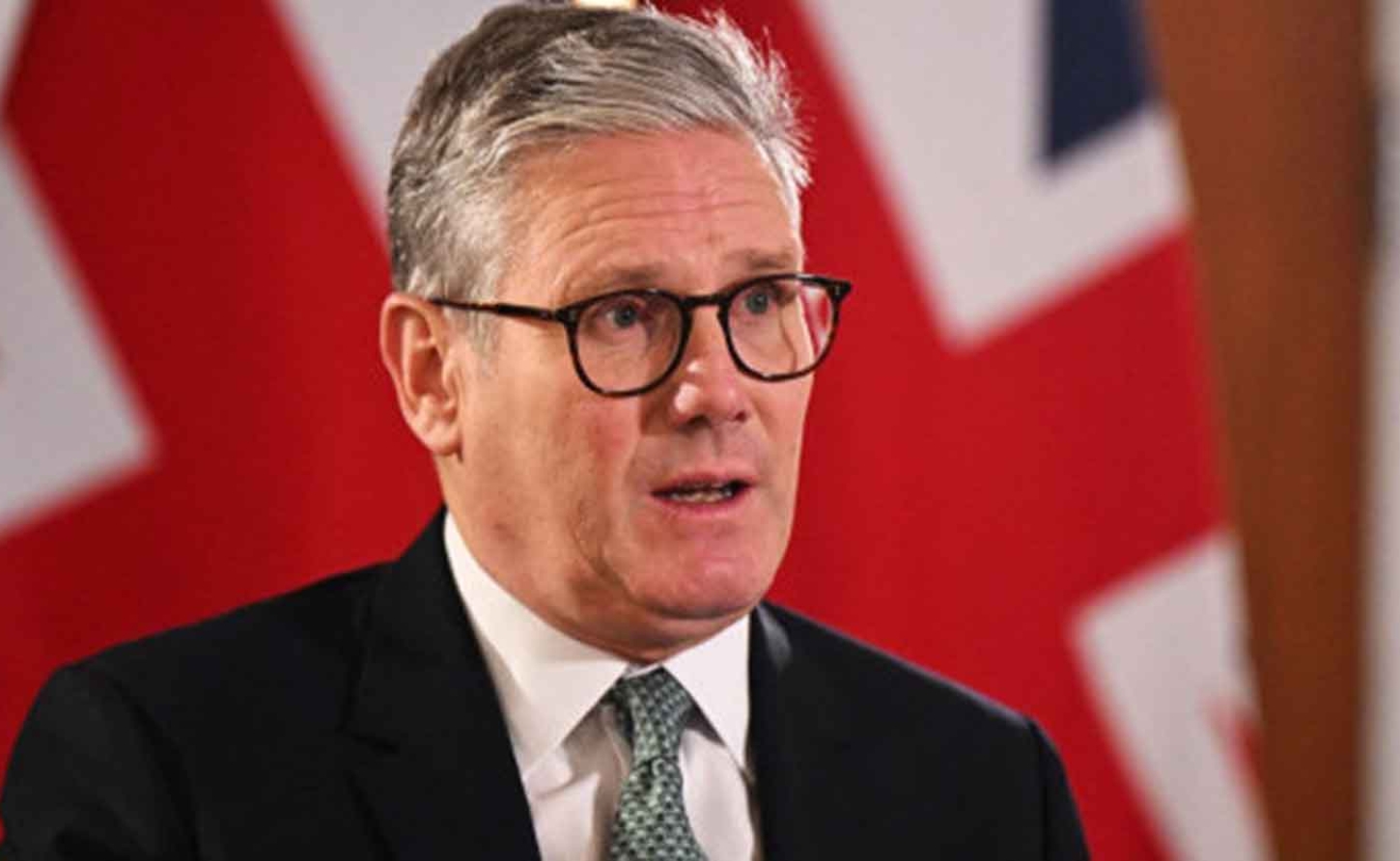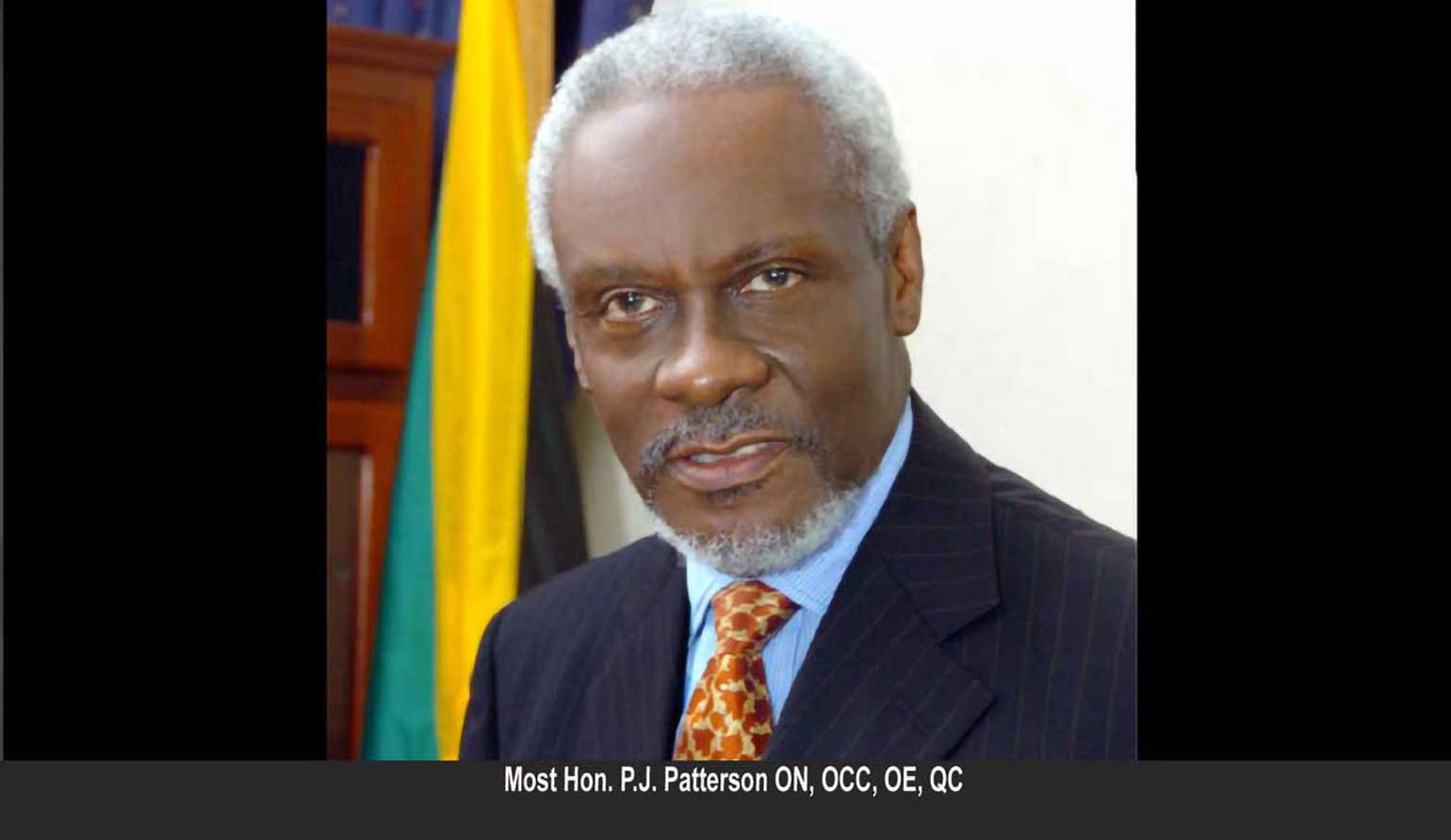CARICOM | UK Government Rebuffs Reparations as Commonwealth Summit Looms

KINGSTON, Jamaica, October 18, 2024 - In a move that has set the stage for a tense Commonwealth gathering, the British government has doubled down on its refusal to entertain the notion of reparations for the transatlantic slave trade.
This hardline stance comes as King Charles III and Prime Minister Keir Starmer prepare to join leaders from 56 nations at the Commonwealth Heads of Government Meeting (CHOGM) in Samoa next week.
The summit, slated for October 25-26, was initially expected to grapple with the thorny issue of reparations. However, 10 Downing Street has now asserted that the topic is off the table, potentially blindsiding CARICOM member states who had anticipated its inclusion.
"Just to be clear, reparations are not on the agenda for the Commonwealth heads of government meeting," Starmer's official spokesperson stated unequivocally. "Secondly, the government's position on this has not changed. We do not pay reparations."
This resolute position sets Starmer on a collision course with nations seeking redress for historical injustices. The Labour leader, once vocal about addressing Britain's colonial past, now finds himself toeing a line drawn by his predecessors.
The Commonwealth, an organization born from the ashes of the British Empire, faces a reckoning with its colonial legacy. Last year, King Charles expressed "greatest sorrow and regret" for colonial-era "wrongdoings" during a visit to Kenya. Yet, the monarch stopped short of a formal apology—a gesture that would require ministerial approval.
As the summit approaches, the UK government's stance has crystallized further. Not only has it ruled out financial reparations, but it has now foreclosed the possibility of an official apology. This hardening of position continues a policy set by former Prime Minister Rishi Sunak, who argued that "trying to unpick our history is not the right way forward."
The government's spokesperson emphasized that the focus in Samoa will instead be on "shared challenges and opportunities faced by the Commonwealth, including driving growth across our economies." This pivot to contemporary issues appears to be an attempt to sidestep the contentious historical debate.
 However, the issue of reparations continues to simmer. Caribbean leaders have called for financial recognition of slavery's legacy, with figures as high as £200 billion being proposed. P.J. Patterson, former Prime Minister of Jamaica and Statesman-In-Residence at the University of the West Indies, has urged decisive action.
However, the issue of reparations continues to simmer. Caribbean leaders have called for financial recognition of slavery's legacy, with figures as high as £200 billion being proposed. P.J. Patterson, former Prime Minister of Jamaica and Statesman-In-Residence at the University of the West Indies, has urged decisive action.
"We ask no more and we will accept no less than the right to obtain the same redress that was obtained by the Jews for the ethnic atrocities of Hitler's gas chambers," Patterson declared, highlighting the growing momentum behind the reparations movement.
Patterson noted that while some European nations have offered apologies, the UK remains intransigent. "The government of the United Kingdom, primary progenitors of the Slave Trade and rulers of the Empire, persist in a stubborn denial, despite what the intellectual research of their most venerable Universities has revealed," he observed.
As the Commonwealth leaders prepare to convene in Samoa, the absence of reparations from the official agenda does not guarantee its absence from discussions. The summit may yet become a crucible for this unresolved historical debt, testing the bonds of an organization striving to remain relevant in a post-colonial world.
With the UK government's position now clear, the stage is set for a potentially fractious meeting. As the sun sets on the Pacific island of Samoa, it may also be setting on an era of diplomatic equivocation, forcing the Commonwealth to confront the ghosts of its imperial past—whether it's on the agenda or not.
-30-
